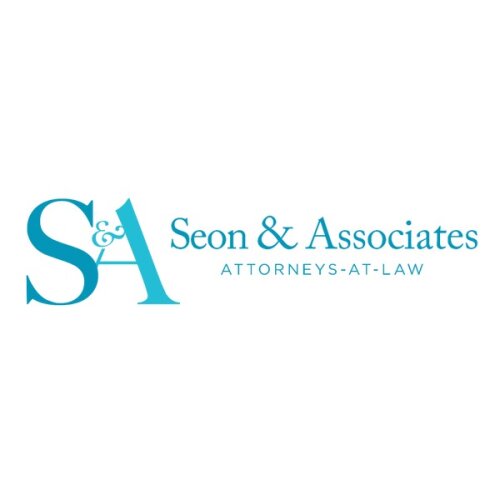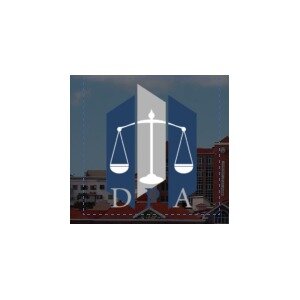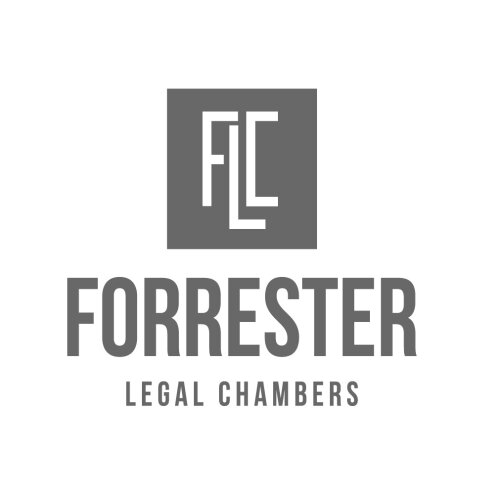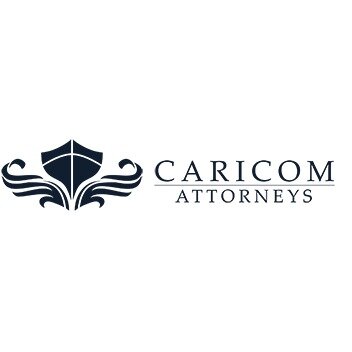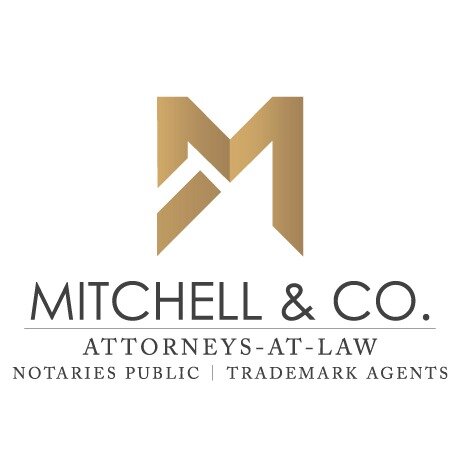Best Restructuring & Insolvency Lawyers in St. George's
Share your needs with us, get contacted by law firms.
Free. Takes 2 min.
List of the best lawyers in St. George's, Grenada
About Restructuring & Insolvency Law in St. George's, Grenada
Restructuring and insolvency law in St. George's, Grenada, is designed to assist individuals and businesses facing financial distress. This legal field provides structured ways to deal with companies or persons unable to pay their debts as they become due. Restructuring refers to the process of reorganizing a company’s financial and operational structure to regain stability and avoid insolvency. Insolvency, on the other hand, is when a debtor cannot meet their financial obligations. In St. George's, these processes are primarily governed by national legislation, with the aim of balancing the interests of creditors, debtors, and other stakeholders involved.
Why You May Need a Lawyer
Dealing with insolvency or the need for business restructuring can be overwhelming and complex. You may require legal support in several situations, including:
- Facing persistent pressure from creditors for unpaid debts
- Receiving legal notices or court summons related to insolvency proceedings
- Seeking to reorganize your finances or the structure of your business to avoid bankruptcy
- Negotiating debt settlements or repayment plans with creditors
- Selling assets or transferring business ownership in an insolvency context
- Uncertainty about your rights and obligations under local insolvency laws
- Being a creditor seeking to recover money from an insolvent debtor
A lawyer can provide crucial advice on your options, represent you in negotiations or court proceedings, and help protect your interests throughout the process.
Local Laws Overview
Restructuring and insolvency in St. George's are guided by several key pieces of legislation. The most important is the Bankruptcy Act, which outlines how insolvency claims are handled, both for individuals and companies. The Companies Act also provides specific provisions regarding corporate insolvency, liquidation, and receivership. These laws define how assets are distributed, the order of payment to different creditor classes, and protections available for both debtors and creditors. The courts in St. George's play a central role in overseeing insolvency processes and ensuring procedural fairness. Out-of-court restructuring options, such as informal workouts and arrangements with creditors, are also recognized, but may require formal approval depending on the circumstances.
Frequently Asked Questions
What is the difference between insolvency and bankruptcy in Grenada?
Insolvency is a financial state where a person or business cannot pay debts when they become due. Bankruptcy is a formal legal process initiated under the law that addresses insolvency, often resulting in asset liquidation or debt restructuring.
Can I restructure my business to avoid insolvency?
Yes, restructuring your business could involve reorganizing debts, renegotiating contracts, or altering operations. Legal advice is important to ensure compliance with local laws and to protect your interests during restructuring.
What steps should I take if I receive a bankruptcy notice?
If you receive a bankruptcy notice, you should immediately seek legal advice. Timely responses are critical, and a lawyer can help you understand your rights and obligations, as well as possible defenses or alternatives.
How are creditors repaid during insolvency proceedings?
The Bankruptcy Act sets out an order of priority for repayment. Secured creditors are generally paid first from the secured assets, followed by preferred creditors, and then unsecured creditors. Remaining funds, if any, go to shareholders.
Can individuals file for bankruptcy, or is it just for businesses?
Both individuals and businesses can file for bankruptcy under Grenadian law. The process differs slightly, but the principles of dealing with unpaid debts and asset distribution are similar.
Will all my assets be taken if I am declared bankrupt?
Not necessarily. Some assets may be exempt from liquidation under local law, such as necessary personal belongings. A lawyer can explain which assets are protected in your specific situation.
How long does bankruptcy remain on my record?
The period depends on the type of bankruptcy and compliance with court orders. Bankruptcy can remain on record for several years, impacting your credit and ability to obtain financing or run a company.
What are the alternatives to bankruptcy?
Alternatives may include informal repayment arrangements, negotiation with creditors, voluntary arrangements, or restructuring under court supervision. Legal advice can help you choose the best route.
As a creditor, what can I do if someone owes me money and is insolvent?
Creditors can initiate insolvency proceedings, file claims with the court, or participate in creditor meetings. It is important to act quickly and get legal support to maximize your chances of recovery.
How is cross-border insolvency handled?
Cross-border insolvency, where assets or debts are in different countries, is complex. Grenada may cooperate with foreign courts under certain conditions, and specialized legal advice is necessary in such cases.
Additional Resources
If you are dealing with restructuring or insolvency in St. George's, the following resources may be helpful:
- Grenada Supreme Court - Handles insolvency and bankruptcy matters
- The Office of the Registrar - Maintains company and bankruptcy records
- Inland Revenue Division - Can provide information for tax-related aspects during insolvency
- Grenada Bar Association - Provides a directory of qualified legal professionals
- Financial Services Unit - Supervises certain financial institutions and can provide related information
Engaging with reputable legal professionals and local authorities is key when navigating complex financial distress.
Next Steps
If you believe you are facing insolvency or need to restructure your finances or business in St. George's, consider taking these steps:
- Collect all relevant financial documents, such as bank statements, contracts, and correspondence with creditors
- Make a list of debts, creditors, and any ongoing legal or enforcement actions
- Contact a qualified restructuring and insolvency lawyer to discuss your situation confidentially
- Attend all meetings or court hearings as advised by your lawyer
- Explore all available options, including out-of-court settlements, before proceeding to formal insolvency
Taking early action and seeking professional advice increases your options and helps protect your interests, whether you are a debtor or creditor in St. George's, Grenada.
Lawzana helps you find the best lawyers and law firms in St. George's through a curated and pre-screened list of qualified legal professionals. Our platform offers rankings and detailed profiles of attorneys and law firms, allowing you to compare based on practice areas, including Restructuring & Insolvency, experience, and client feedback.
Each profile includes a description of the firm's areas of practice, client reviews, team members and partners, year of establishment, spoken languages, office locations, contact information, social media presence, and any published articles or resources. Most firms on our platform speak English and are experienced in both local and international legal matters.
Get a quote from top-rated law firms in St. George's, Grenada — quickly, securely, and without unnecessary hassle.
Disclaimer:
The information provided on this page is for general informational purposes only and does not constitute legal advice. While we strive to ensure the accuracy and relevance of the content, legal information may change over time, and interpretations of the law can vary. You should always consult with a qualified legal professional for advice specific to your situation.
We disclaim all liability for actions taken or not taken based on the content of this page. If you believe any information is incorrect or outdated, please contact us, and we will review and update it where appropriate.



